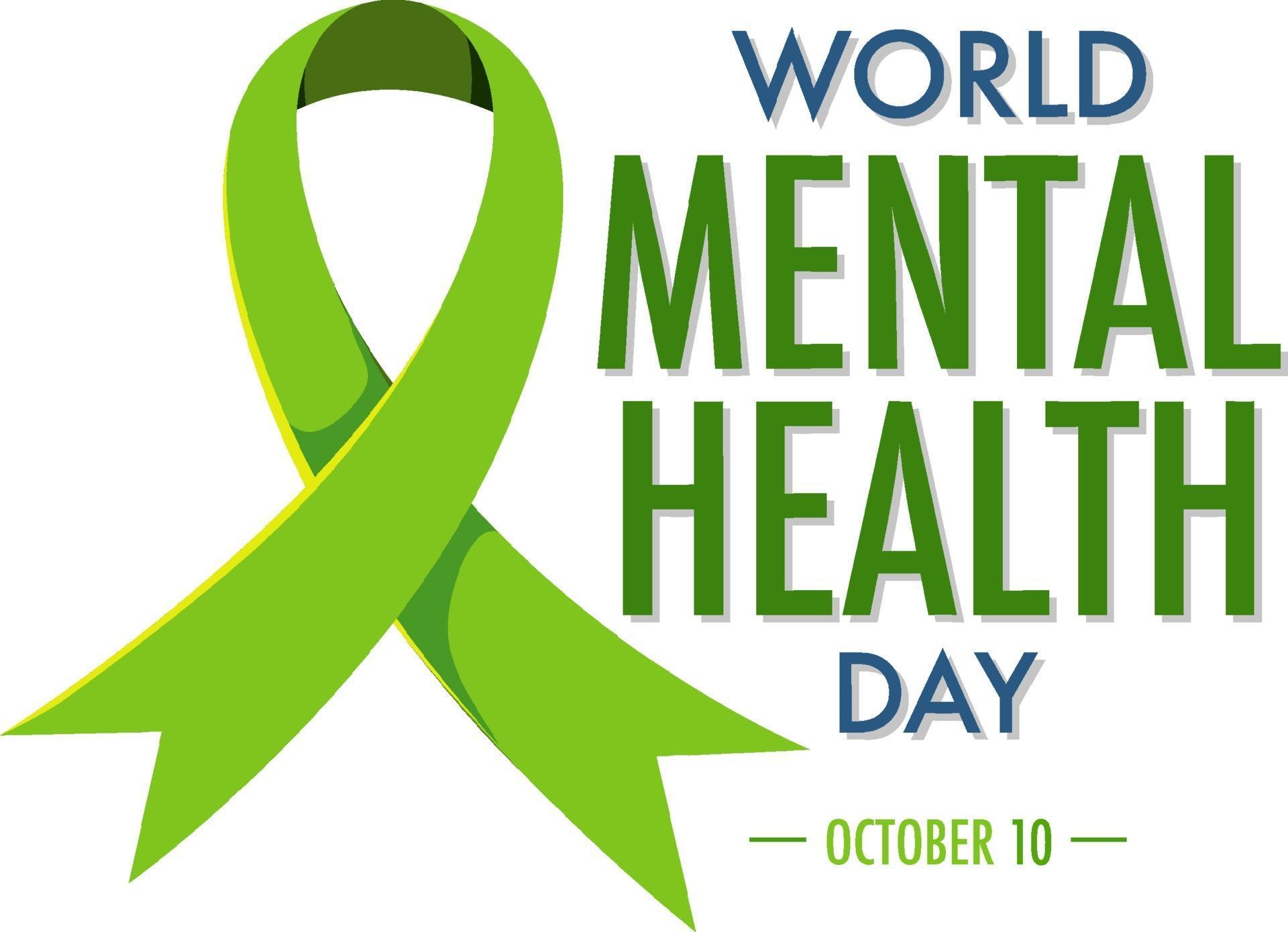The World Federation of Mental Health (WFMH) sets aside the 10th of October every year as World Mental Health Day in a bid to create awareness about possible mental illness and mobilise systems that can aid the mental health of people.
This yearly event began in 1992. Each year comes with its peculiar theme and the theme for 2023 is “Mental Health is a Universal Human Right.”
Join our WhatsApp ChannelThis theme underscores the need for everyone to have access to high-quality mental health care and support. It emphasises the idea that everyone is entitled to mental health preservation and safety.
According to the World Health Organisation, about half of mental health issues begin at the age of 14 and the majority of the cases go unnoticed and untreated.
World Mental Health Day helps to create awareness of myriad possibilities of mental health issues such as depression, Obsessive Compulsive Disorder (OCD), Anxiety disorders, Paranoia, Eating disorders, Schizophrenia, Post-Traumatic Stress Disorder (PTSD), and so on.
In a country like Nigeria, mental health is often being sidelined and overlooked. As of January, 2023, the World Health Organisation released statistics depicting that over 20,000,000 Nigerians suffer from various levels of mental illness or disorder without psychiatric health care.
A lot of young people are victims of this with depression topping the list. Suicide cases are rampant and crime rates have increased due to untreated mental health issues, according to experts.
People would rather portray themselves to be alright than admit their mind isn’t right. The economic decline in the country hasn’t been helpful in maintaining proper mental health for the citizens and this calls for concern.
READ ALSO: How I Suffered Sexual Molestation, Mental Health Problems As A Child – Dele Alli
FACTORS THAT TRIGGER MENTAL HEALTH PROBLEMS IN NIGERIA
Mental health problems are triggered by various factors such as:
Stigma and Cultural Beliefs: Stigma associated with mental health issues is a widespread problem in Nigeria. Many people believe that mental health problems are a sign of weakness or a result of supernatural causes. This stigma can discourage individuals from seeking professional help, leading to untreated mental health conditions.
Socioeconomic Factors: The alarming rate of economic decline, poverty and unemployment and lack of access to basic amenities and opportunities for financial stability can contribute to heightened levels of stress and anxiety in citizens, triggering depression and other mental health-related issues.
Substance Abuse: Substance abuse is a significant concern in Nigeria and it often goes hand-in-hand with mental health problems. Substance abuse can both lead to and result from mental health issues, creating a vicious cycle.
Limited Access to Mental Health Services: There is a shortage of mental health professionals and limited access to mental health services, especially in rural areas. This lack of access can prevent individuals from receiving timely and appropriate care, exacerbating their conditions.
Lack of Proper Mental Health Awareness: A lot of Nigerians are oblivious to the variety of mental health problems and the necessary measures to take to treat them. Mental health issues are often downplayed or seen as a spiritual problem. Due to this, many people may not recognize the signs of mental health problems or may attribute them to other causes, hindering early intervention.
POSSIBLE SOLUTIONS TO MENTAL HEALTH ISSUES IN NIGERIA
Destigmatisation of Mental Health Problems: With healthy campaigns such as utilising World Mental Health Day to spread awareness and sensitise the public about mental health issues, and the importance of due treatment, stigma on mental health problems would dissipate and more people would get treatment.
Provision of Basic Amenities for Citizens: The government in conjunction with the people and capable private organisations should come up with workable employment creation schemes to alleviate unemployment and by extension reduce the rate of poverty in the nation. Basic amenities that make life easier should be made available to citizens.
Substance Abuse Treatment: Proper sensitization of the people against substance abuse should be done, exposing its dangers and possible treatment. Access to rehabilitation centres and programs should be expanded and made available to citizens even at the grassroots level.
Expansion of Access to Mental Health Services: Mental health services should be made accessible to every citizen especially those in rural areas. More awareness about mental health helplines should be created ensuring that every citizen is aware of available helplines to call when necessary. Training more mental health professionals would also help to improve access to care.
Creation of Mental Health Awareness: Beyond days like the World Mental Health Day, more plans to create awareness about mental health problems and possible solutions or treatment should be made and executed adequately to increase knowledge of these issues, thereby urging people to pay attention to their mental health and that of those around them, observe symptoms and get adequate treatments.
WHO in a statement made on Tuesday 10th October, 2023, elaborating on the 2023 theme expressed the fact that mental health is a basic human right for everyone. “Everyone, whoever and wherever they are, has a right to the highest attainable standard of mental health. This includes the right to be protected from mental health risks, the right to available, accessible, acceptable, and good quality care, and the right to liberty, independence and inclusion in the community”. WHO said.
WHO assured that it continues to work with its partners to ensure mental health is “valued, promoted and protected”. It further expressed its dedication to ensure that “urgent action is taken so that everyone can exercise their human rights and access the quality mental health care they need”.
If necessary measures are taken towards stabilising and maintaining the mental health of citizens, mental health disaster cases would reduce, and productivity would increase which will in turn affect positively, the general well-being of the nation.
Mental health is a huge part of health and health, they say, is wealth.




![Relishing Ugba [Oil Bean] Delicacy](https://www.primebusiness.africa/wp-content/uploads/2025/06/Ugba-delicacy-720x480.jpg)












Follow Us